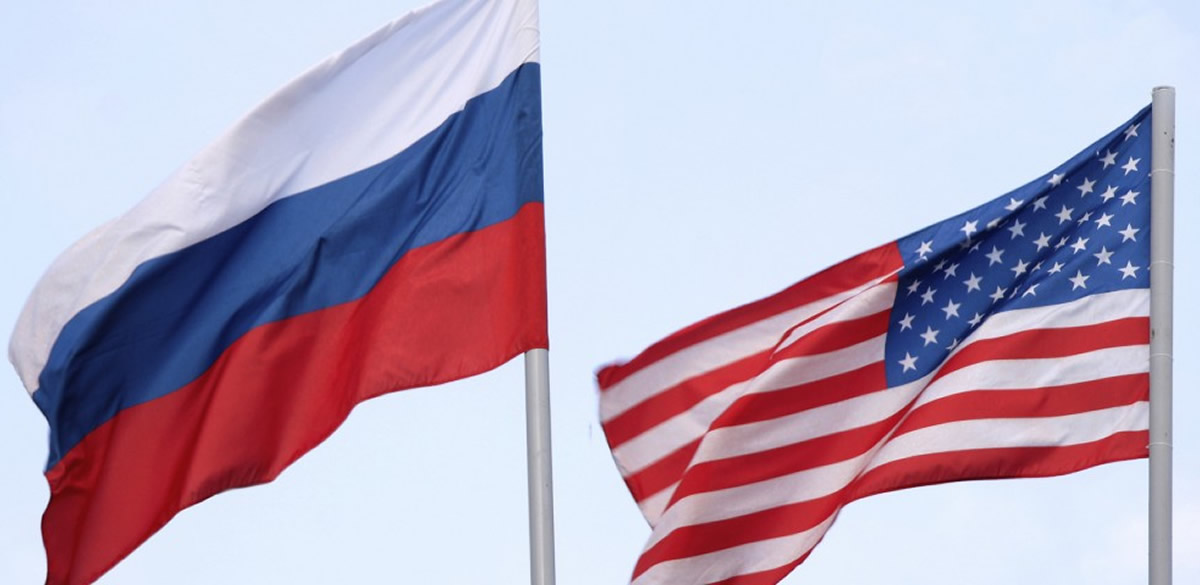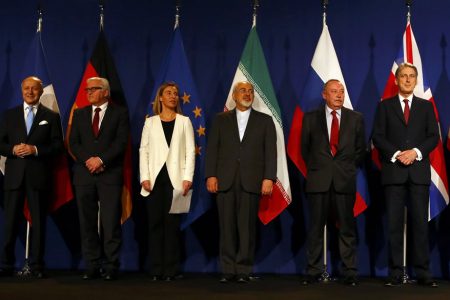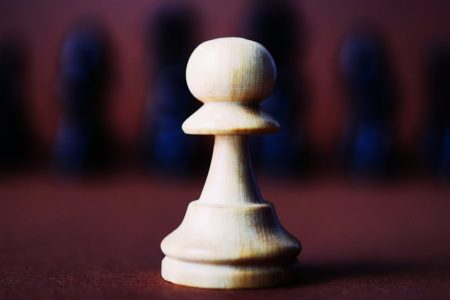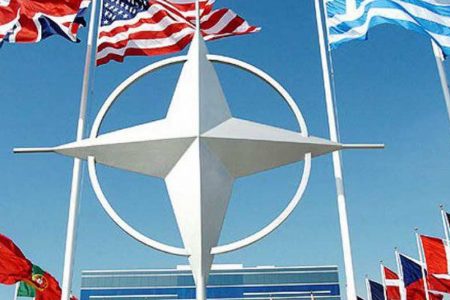Bucharest, Romania: The election is over! But is it? The consequences will be measured over decades. President-elect Donald J. Trump is headed for an incredible rough ride even before he is inaugurated on January 20th, 2017. Abroad, rivals and adversaries from Russian President Vladimir Putin, Chinese President Xi Jingping, Iran’s Grand Ayatollah to the Islamic State and even North Korea’s Kim Jung Un no doubt are pondering how to test or challenge the new administration.
Tragically, the combined effect of the Clinton-Trump campaigns and the surprising and stunning election results was to besmirch America’s reputation as a serious nation and the “leader of the free world.” To critics who offer alternatives to democracy, namely Vladimir Putin, the effect was worth trillions of rubles in propaganda value.
At home, while Mr. Trump and his fellow Republicans claimed a decisive victory, at this stage, Hillary Clinton has appeared to win the popular vote. In a true democracy, that would make her president. But it is the bizarre nature of the Electoral College that as George W. Bush lost the popular vote in 2000, that vote is not relevant. Trump’s failure to win the popular vote will redound against him because the excessive vitriol and hatred riddling this election means that his honeymoon will be short.
While focus is on the president-elect and who will or will not receive key appointments, Trump’s inexperience is a critical handicap. His three predecessors were sorely unprepared and unready for the presidency. At least each had prior political experience at state and national levels. And each suffered severe setbacks almost immediately after taking office from Clinton’s disastrous health care review to the September 11th attacks that would lead Bush ’43 into the Iraq fiasco and Barack Obama’s flawed Afghanistan-Pakistan study and his ineffective plan to end two overseas conflicts.
Russian influence is waxing. Syrian President Bashar al Assad welcomed members of the foreign press a week ago in Damascus including American journalists. There he assumed a confidence based in largest measure on the crucial Russian, Iranian and Hezbollah support that saved his regime. Whether or when Aleppo falls and how many more Syrians die in the grotesque war is unknowable.
Russia deployed an antique aircraft carrier and small Eskadra to the Mediterranean. Russia has flexed its nuclear muscles by deploying nuclear capable cruise and ballistic missiles to the Baltics. And Russia has just conducted a military exercise with Serbia within 150 miles of NATO’s latest training operation. But no matter what he does next, Putin knows that until January 20th, 2017, the new president has absolutely no authority to do anything.
Being a student of America from KGB days, Putin also knows that it will be months before the new administration is fully formed. The confirmation process is more than laborious. And while new secretaries of state, defense and homeland security may be in place, filling the vital subordinate posts has become a Sisyphean labor. Meanwhile, Putin has already told Mr. Trump that he is willing to work with Washington to resolve issues of mutual interest.
How will Putin exploit this transition? Putin is likely to put out feelers to resolve both the Syrian and Ukraine crises. However, Putin will extend this olive branch on his terms, without first expressing what those terms might be. In Syria, Putin wants the government, meaning the current regime, to remain in power to prevent the country from disintegrating even more. Trump might walk back on Obama’s demand that President Bashar al Assad must go. If he does, he will be yielding to Russia. The international perception will be in Putin’s favor.
Similarly, Putin wants economic sanctions lifted over Ukraine as the prerequisite for implementing the Minsk II agreement. Trump could accept those terms arguing that if Putin could not deliver, even greater sanctions would be imposed. The trap is that once sanctions are lifted, Europe will never agree to re-imposition.
Given Trump’s cavalier attitude towards NATO, first calling it “obsolete” and later merely “freeloading” on the U.S., Putin could seek a way of reducing the coherence of the alliance by suggesting that the best security solution for Europe was some joint U.S.-Russian consortium. Trump could bite.
The election is over. The detritus remains. Donald Trump has not a scintilla of experience regarding these issues. Given the early performance of his last three very inexperienced predecessors but who were far better prepared than Mr. Trump, Vladimir Putin must be licking his chops.




